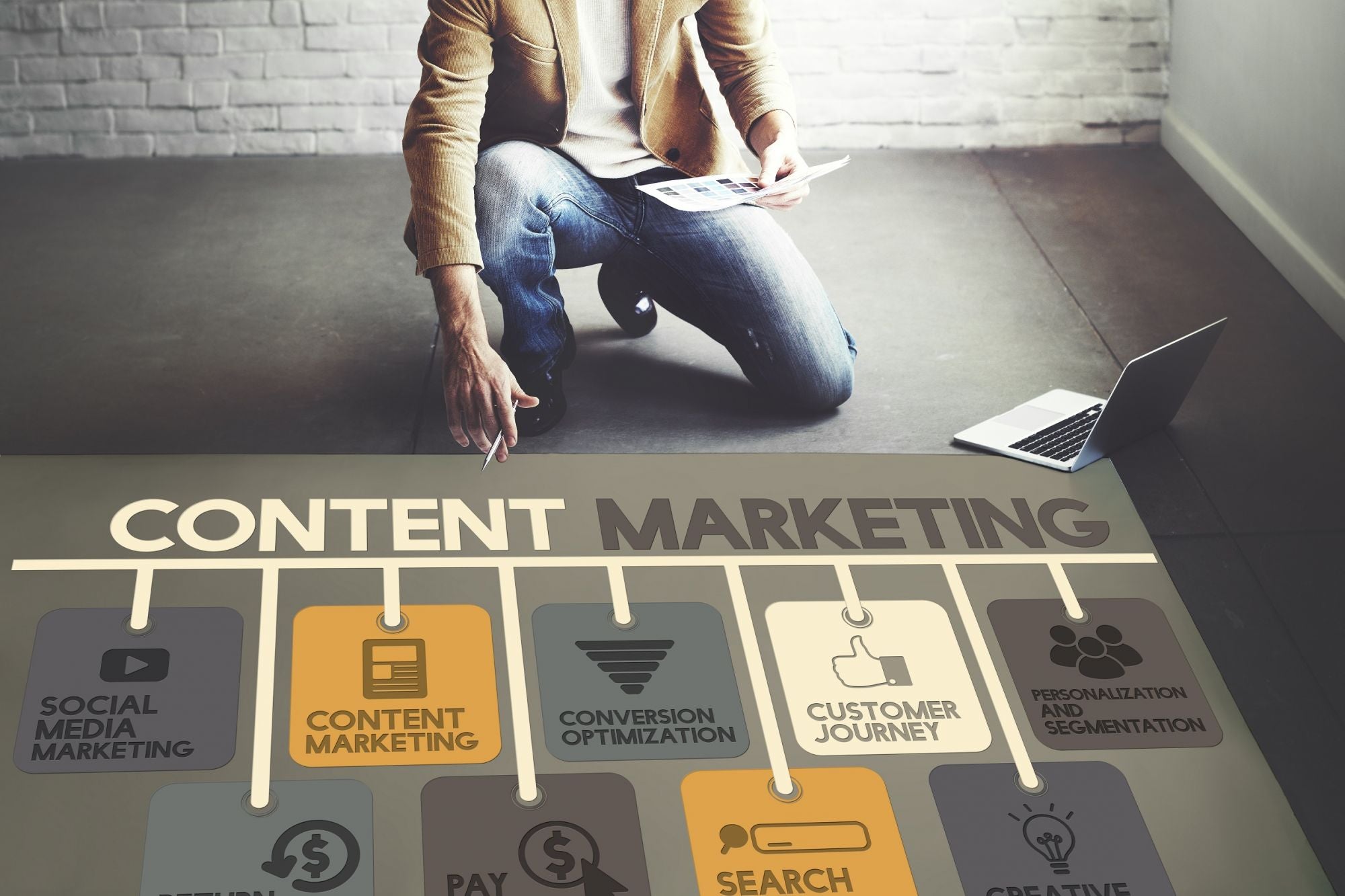A Quantum Leap for the Digital Twins Will the advent of quantum computing boost the digital twin initiatives?
Opinions expressed by BIZ Experiences contributors are their own.
You're reading BIZ Experiences Asia Pacific, an international franchise of BIZ Experiences Media.

The modern computers we are used to today are already garnering the tag of "classical computers". A new kid in the block –quantum computing – is stepping out of the labs into the real world. Quantum computing is expected to unleash computing capabilities hitherto unknown to humankind. The American self-help writer Guy Finley said, "The limit of your present understanding is not the limit of your possibilities". The philosophy holds tight for the computing world too. Our present understanding limited by classical computers is expected to expand with the quantum computing. Will the digital twin initiatives – to better understand the physical world around us –get a boost from the advancing quantum computing?
Quantum Computing
Classical computers use transistors in a micro-processor to perform computing tasks. Quantum computers leverage the quantum-mechanical properties of atoms and molecules in a quantum processor. The biggest benefit expected is on the ability to perform complex computations, which even the supercomputers of today cannot perform. Qubits or quantum bits is the magic ingredient to deliver the high degree of computational power.
Superposition of the Qubits
Classical computers use bits, which can take one of the two states (either 0 or 1). Qubits, on the other hand, can take three states (either 0, 1 or both 0 & 1). Yes, they can be both 0 or 1 at the same time. This is the superposition property.How does the superposition help? Let's take an example:
A 4-bit classical computer can be in any one of the possible 16 options at any one time. Meanwhile, a quantum computer can be in all possible 16 states simultaneously (with the caveat, they will collapse to one state, when measured). Superposition gives quantum computers their powers –the ability to perform vast number of calculations beyond the scope of classical computers. Specifically, quantum computers are expected to deliver on two fronts:
Parallel computing: In the example above, a 4-bit classical computer will perform sequentially the 16 possible options. While a quantum computer will perform the 16 operations simultaneously. Thereby, increasing the parallel computing capabilities
Exponential computing: In a classical computer, doubling the bits (say from 4-bits to 8-bits) doubles the processing capacity. In a quantum computer, the processing capacity increases exponentially. Every n-bit in a classical computer, transforms into 2n in quantum computer (8 qubits is the equivalent of 256-bits).
Tapping into the inherent superposition property of an atomic particle, a quantum device is expected to perform millions of times over the most powerful supercomputers we have today.
The Quantum Leap for the Digital Twins
A digital twin is a digital equivalent of a physical entity or an asset in the virtual world. The real-time two-way communication and synchronization between the physical twin and the digital twin enables a variety of prognostics and diagnostics opportunities.
The digital twin journey typically starts with simulations of critical assets or individual components. The larger goal is to simulate an entire process or a set-up (e.g., a manufacturing plant, smart city or a highway network), in the virtual world.
Classical computers will run out of steam in simulating and postulating thousands (and millions) of variables interacting with each other. This is an area of digital twins to immensely benefit from the quantum computing. Coupled with the processing power of quantum computers, the future digital twins could simulate billions of scenarios in the least time, and guide the humans on the most optimal strategy.













